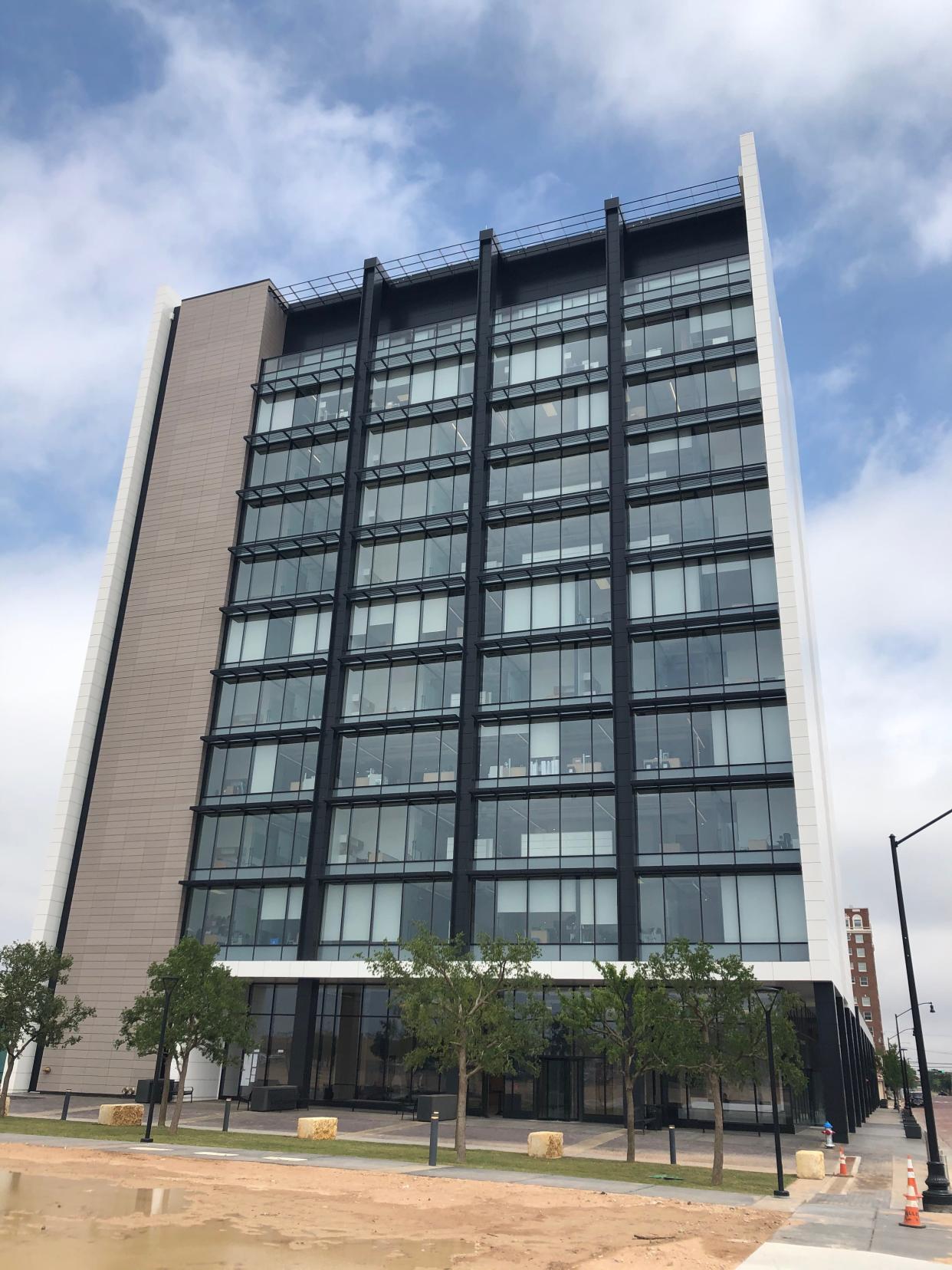15 takeaways from the City of Lubbock's proposed FY23 budget

The Lubbock City Council held two marathon meetings Monday and Tuesday to hear staff presentations, ask questions and make suggestions on the city government’s thousand-page, $1 billon proposed budget for the 2022-2023 fiscal year (FY23).
This follows months of work from city staff, who begin work on the next year’s budget not long after the prior year’s budget is adopted.
The council should hold a public hearing on the budget and tax rate on Sept. 6, and they are expected to adopt the budget during their regular meeting Sept. 13. The new fiscal year begins in October.
Here are 15 things to know about the proposed FY23 budget (this list is by no means exhaustive):
Overall budget increasing: The total of all expenditures from all funds in the city is budgeted to increase around $60 million, or about 6%, totaling just more than $1 billion.
Inflation driving increase: Gas and diesel fuel costs are up 57% from a year ago, according to the budget presentation, escalating the budget by more than $2 million. Electric costs are up 20%, nearly $2 million because of rising natural gas prices. Inflation in other areas like supplies, equipment and professional services raises the budget by more than $5 million.
Property tax rate to decrease: The budget includes a 4-cent decrease in the city’s overall property tax rate. Still, revenue from property taxes will increase by about $4.7 million. $3 million of the additional revenue comes from new properties added to the tax rolls in 2021.
Sales tax projected to be up: Lubbock sales tax revenues in FY23 are expected to total around $90 million, about 2% higher than the projected collections for the current fiscal year.
No major rate increases: Fees for water, sewer, stormwater and residential solid waste will not change in the upcoming budget. Solid waste tipping fees at the West Texas Regional Disposal Facility – the per-ton rate for bulk disposal at the landfill – will increase by 75 cents per ton. Tipping fees for so-called special waste will increase by $1.44 per ton.
Several staff positions added: The city will add 17 staff members and eliminate four positions for a net change of 13 total employees. New positions include five Lubbock Fire Rescue personnel, two animal services officers and two Lubbock Power & Light transmission system operators. Two 311 call taker positions and two electrician spots will be cut.
Street maintenance budget rising: Funds budgeted for the street maintenance program will increase by $1 million in FY23 to a total of $12 million.
Solid waste transfer station coming: A $17.1 million capital improvement project, financed by a 20-year certificate of obligation, is planned for the construction of a new solid waste transfer station, which would allow garbage truck drivers to empty their trucks at a location inside the city rather than having to drive to the landfill near Abernathy each time they fill up. This aims to increase the solid waste system’s efficiency.
More: Lubbock solid waste working to keep up despite staffing, supply challenges
Vehicle purchases planned: The budget calls for $4.8 million worth of 7-year tax notes to be issued for a capital improvement project to purchase three fire engines, as well as a bulldozer and a $1 million-plus solid waste compactor for use at the landfill. The city plans to buy 67 other vehicles including police SUVs with cash.
Water and sewer projects anticipated: The budget anticipates $15.9 in 10-year revenue bonds to cover four water- and wastewater-related capital improvement projects. Those projects encompass replacement of a downtown sewer line for $6.5 million, rehabilitation of the terminal storage reservoir at the north water treatment plant for $6 million, expansion of the water system in southeast Lubbock for $1.5 million and in west Lubbock for $1.9 million.
City employees to see raise: Most city employees can expect an increase in compensation in FY23, with a proposed average raise of 5% for all city staffers. Employees on the lower end of the pay scale will see the most increase at 8%, and employees on the high end will get 4.75%. However, health benefit costs for employees will also increase by 2%.
Employee Education Assistance Program to launch: The city is allocating half a million dollars for a new Employee Education Assistance Program, which will help city employees get GEDs and college degrees. Employees wishing to obtain a high school GED or job-specific certification will get the first shot at EEAP funds.
Splash pads could replace city pools: $5.1 million in federal COVID-19 relief funds are budgeted to construct three splash pads in Lubbock parks to replace Mae Simmons, Maxey and Montelongo pools. Clapp pool would be the only remaining municipal pool. The cost to repair the 1950s-era pools and bring them into code would be exorbitant, according to the budget presentation, and the splash pads would deliver a significant operations cost savings for the city.
Library fines are no more: Lubbock libraries are proposing completely eliminating the 25-cents-per-day fine for overdue library materials. Library fines generate $40,000 in revenue for the city per year.
Airport improvements continue: Capital improvements totaling nearly $10 million are slated for Lubbock Preston Smith International Airport in FY23, funded by cash and federal grants. CARES Act funding will cover $2.17 million in airport property improvements and roof replacement. Cash is set aside for an expansion of the cargo apron and improvements to taxiways L and M.
This article originally appeared on Lubbock Avalanche-Journal: 15 things to know about Lubbock's proposed 2023 fiscal year budget

